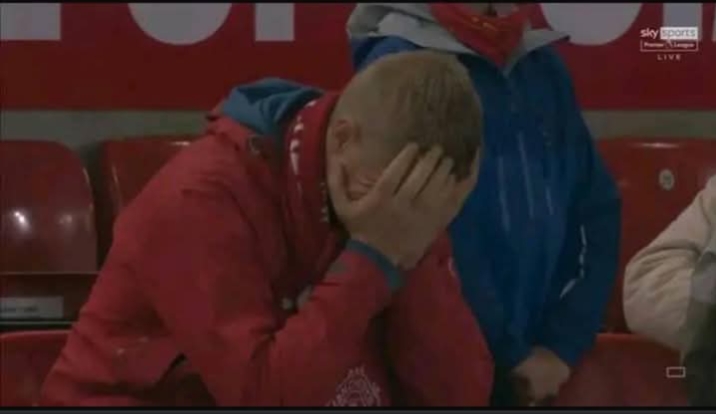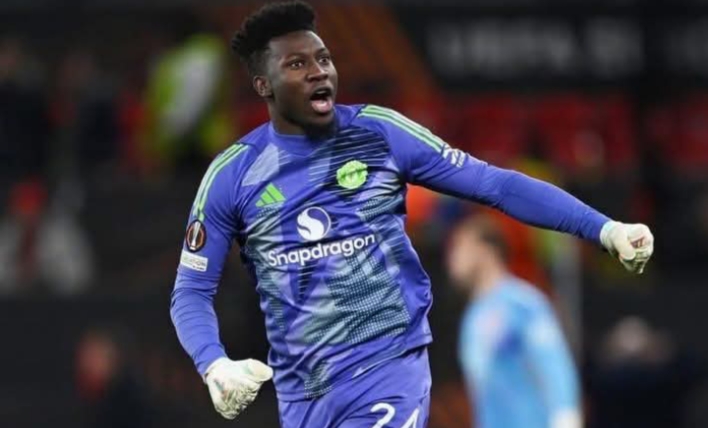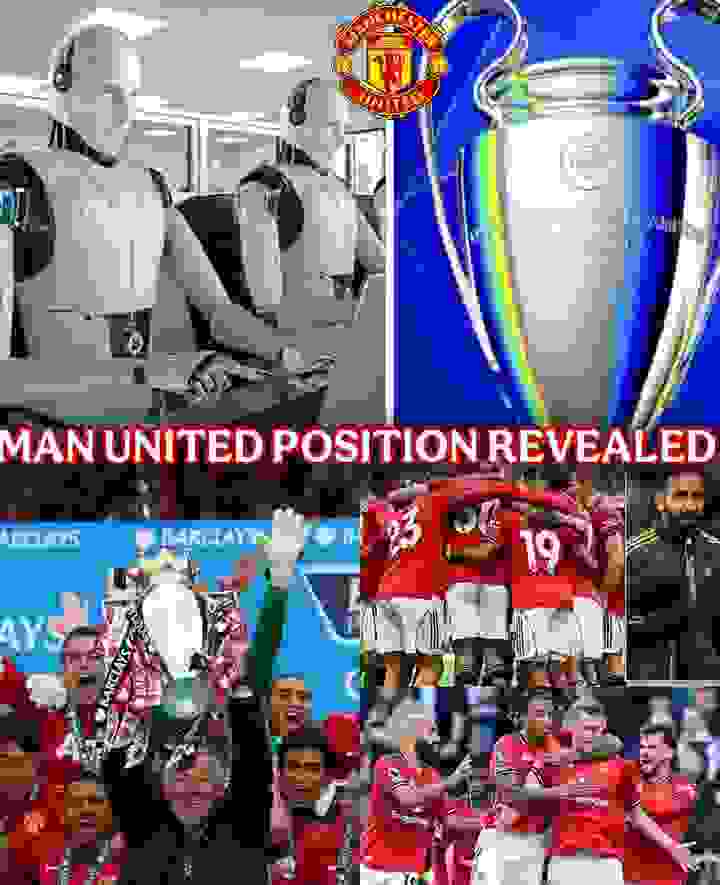If I Say Manchester United Will Be 1 Point Off the Top Four After Sunderland Game, Some People Would Say I Am Part of the Problems at Old Trafford
Football is often measured in emotions, not logic. For Manchester United, a club built on glory, dominance, and the relentless standards of Sir Alex Ferguson, the modern era is defined as much by what is missing as by what is present. The statement, “If I say Manchester United will be 1 point off the top four after Sunderland game, some people would say I am part of the problems at Old Trafford,” perfectly encapsulates the fractured debate around the Red Devils’ current trajectory.
It speaks to the strange paradox of modern Manchester United: progress and decline often exist side by side, and optimism is seen by many as naivety. To predict, or even acknowledge, that United could be within touching distance of the top four despite a storm of criticism around the manager, boardroom politics, and inconsistent performances, is to invite scorn.
The State of United’s Season
As things stand, United are not in the title race. The gap between them and Manchester City, Arsenal, or even Liverpool highlights that the elite consistency required to challenge for the Premier League crown is still absent. Yet, in the Premier League’s congested mid-table-to-top-four battle, a single victory or defeat can radically alter the narrative.
That’s where Sunderland enter the picture. Historically, the Wearside club evokes memories of pain and pride for United fans — from relegation taunts in 2012 when Sergio Agüero won City the title, to scrappy away days in the Stadium of Light. Facing them now, in a season where United are in transition under Ruben Amorim, the clash is framed as more than just three points.
Win, and United could find themselves just one point away from the Champions League spots. That’s not insignificant. For all the chaos, the constant questions about Amorim’s suitability, and the noise around underperforming players, United could still be in striking distance of a top-four finish. But for many supporters, saying so is taboo.
Why Optimism Is Seen as “Part of the Problem”
United’s fanbase is divided. There are those who still believe the club can claw its way back to competitiveness, slowly, under careful rebuilding. Then there are others who believe that anything short of ruthlessly high standards is enabling mediocrity.
To the latter group, phrases like “only one point off the top four” are seen as excuses — ways to gloss over poor performances, lack of identity on the pitch, and failures in recruitment. For them, it is dangerous optimism, a refusal to demand the very best of a club that once demanded it of itself.
This is why someone making the point about United’s proximity to the top four might be attacked as “part of the problem.” It is not the statement itself that’s controversial — being one point away from Champions League qualification is objectively a strong position in October. Instead, it’s what the statement represents: patience, perspective, and perhaps a willingness to give Amorim and the current squad more time than critics feel they deserve.
The Amorim Question
Ruben Amorim is central to this discussion. The Portuguese coach was brought in to usher in a new era, a modern tactician who could blend youth development with proactive football. But reality at Old Trafford has been much harsher than fantasy. Poor results, heavy defeats against direct rivals, and lack of cohesion in the system have seen fans and pundits alike question whether he is the man for the job.
Wayne Rooney, Gary Neville, and other vocal critics argue that United lack identity under Amorim. The midfield looks unbalanced, the defence fragile, and star players like Bruno Fernandes and Marcus Rashford inconsistent. In such a climate, pointing out that the club is still “close to the top four” is seen by many as missing the forest for the trees.
It isn’t about the table, they argue. It’s about the long-term project, about whether United look like a side moving forward or one merely treading water.
Football as a Game of Narratives
Here lies the heart of the issue: football is not just about numbers in the league table, it’s about perception. When Arsenal were rebuilding under Mikel Arteta, their position in the table often belied the real story — of a team slowly growing into its skin. The same is true at United, but the patience afforded elsewhere is rarely extended to Old Trafford.
The club’s history makes fans allergic to “small victories.” Being “close to the top four” is not a cause for celebration when United once judged themselves by league titles and Champions League trophies. This tension fuels the toxicity: optimism is framed as complacency, realism as defeatism.
The Sunderland Game as a Litmus Test
If United beat Sunderland and move within touching distance of the top four, Amorim’s supporters will point to the table as evidence that crisis talk is overblown. Critics, however, will argue that the table flatters to deceive. A single result doesn’t erase systemic weaknesses.
If they lose, the knives will sharpen further, and the statement that United could have been one point away will look like a cruel irony.
The Board’s Dilemma
For Sir Jim Ratcliffe and United’s footballing hierarchy, this tension is particularly dangerous. Do they judge Amorim on results alone, where the table shows progress? Or do they judge on performances and perception, where the team still looks short of being genuinely competitive?
The answer may determine not just Amorim’s future but the trajectory of the club over the next few seasons.
The Fans’ Inner Conflict
United fans find themselves caught between two instincts:
1. The realist – who sees being “close to the top four” as a sign of progress, a necessary step on the long road back.
2. The purist – who believes settling for fourth place, or even celebrating being near it, betrays the legacy of Ferguson and the DNA of the club.
This inner conflict makes discussions around United uniquely toxic. Saying something positive is often labelled as complacency. Saying something critical is often branded as toxic negativity.
Final Word: The Power of a Single Point
In truth, both perspectives hold weight. Being one point off the top four does matter — it keeps United alive in the Champions League race, a crucial financial and sporting objective. But it also shouldn’t be mistaken for real progress unless there is improvement in performances.
The phrase “some people would say I am part of the problem” reflects a fanbase that no longer knows how to balance hope with expectation. It is a club trapped between its glorious past and uncertain present, where even optimism feels dangerous.
If United do beat Sunderland and close in on the top four, the numbers will be on Amorim’s side. But the doubts will remain, because at Old Trafford, success has never been measured by league position alone. It has always been about dominance, identity, and the sense that Manchester United are building something greater than survival.
And until that is restored, every statement — whether optimistic or pessimistic — will remain controversial.











Leave a Reply